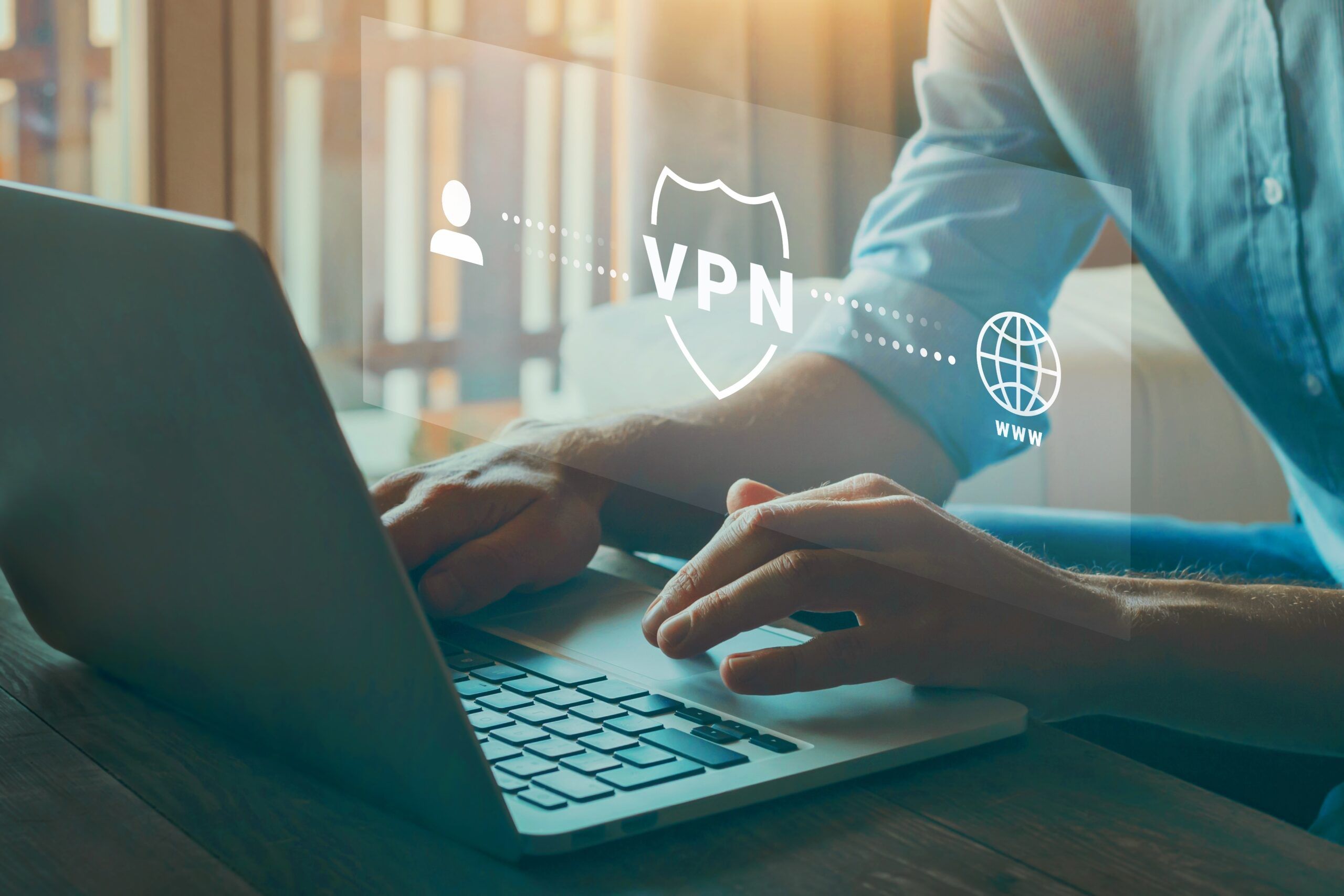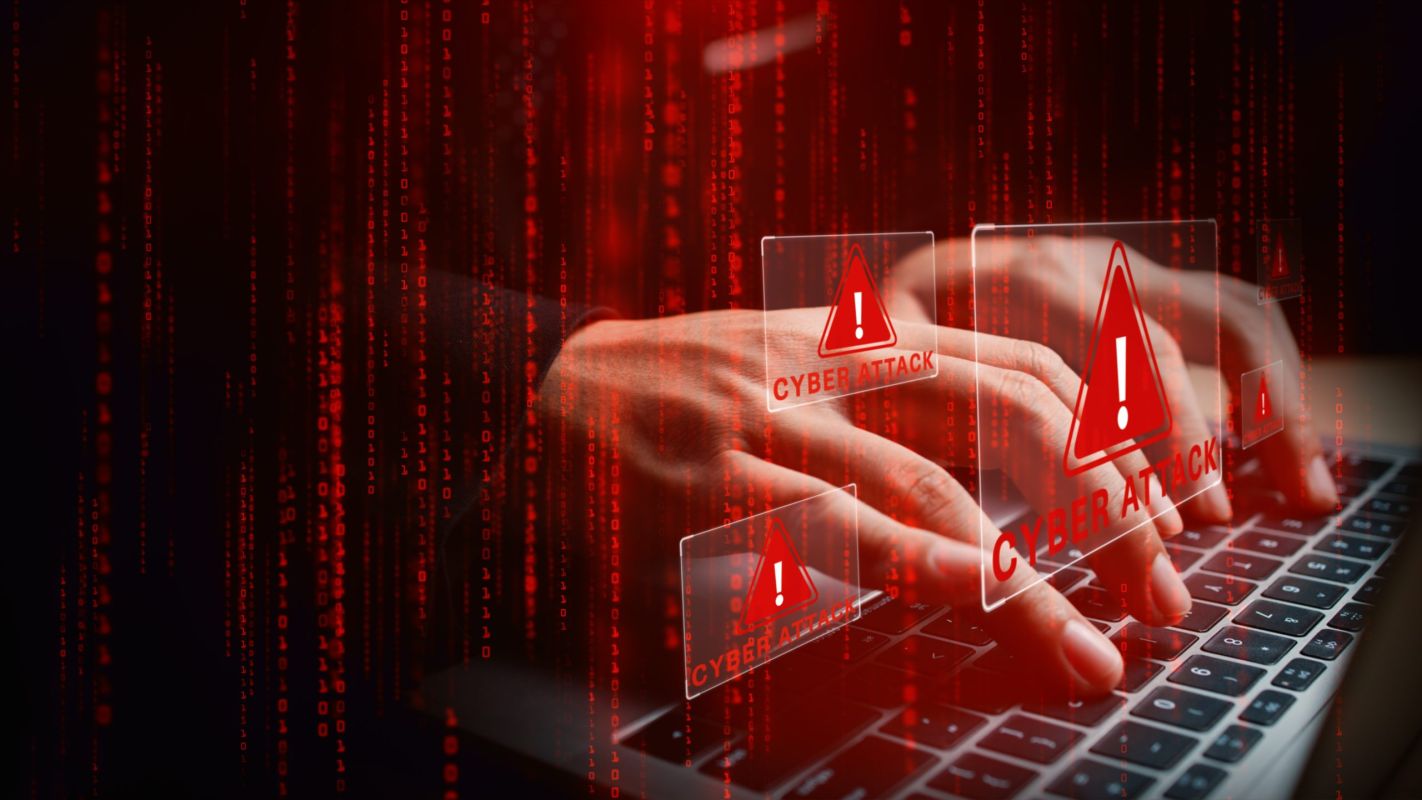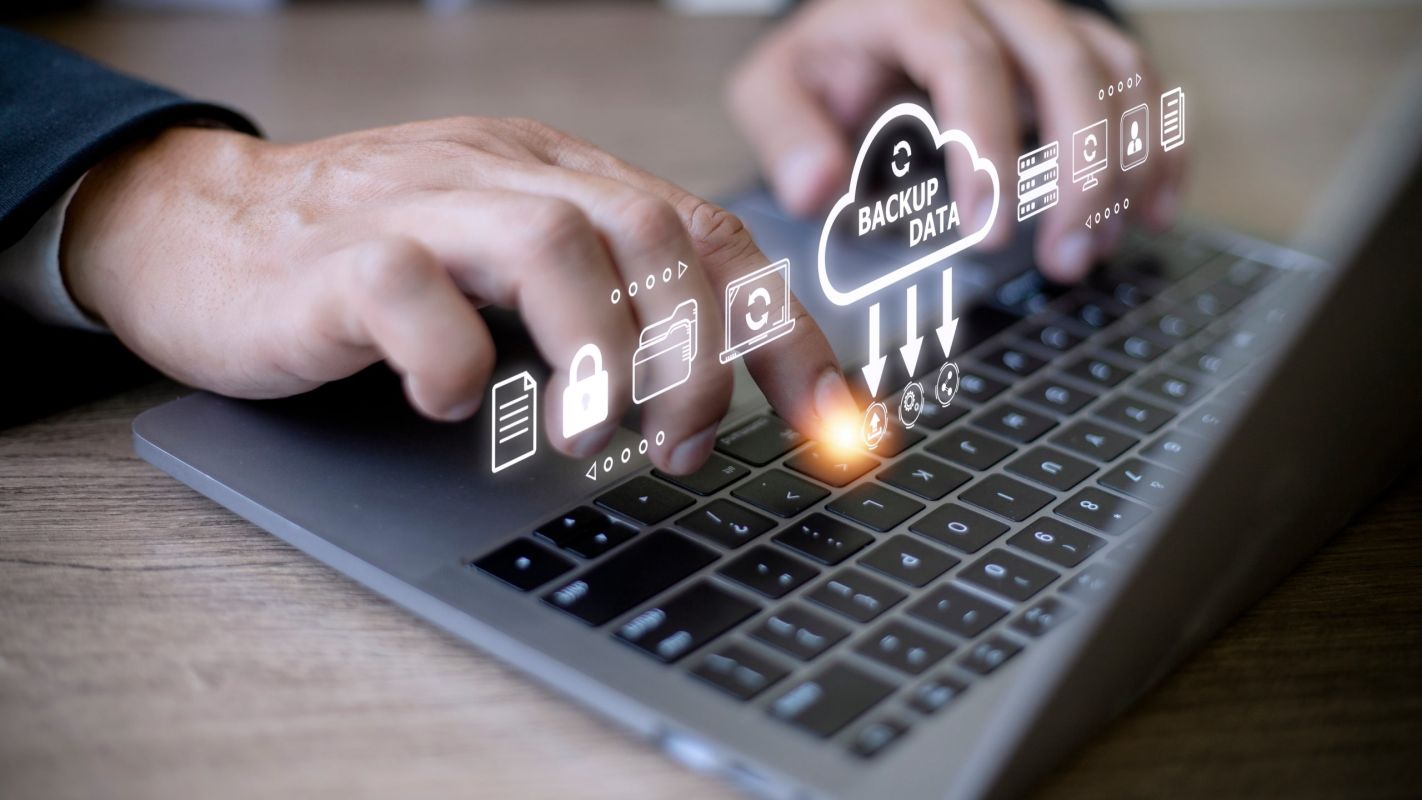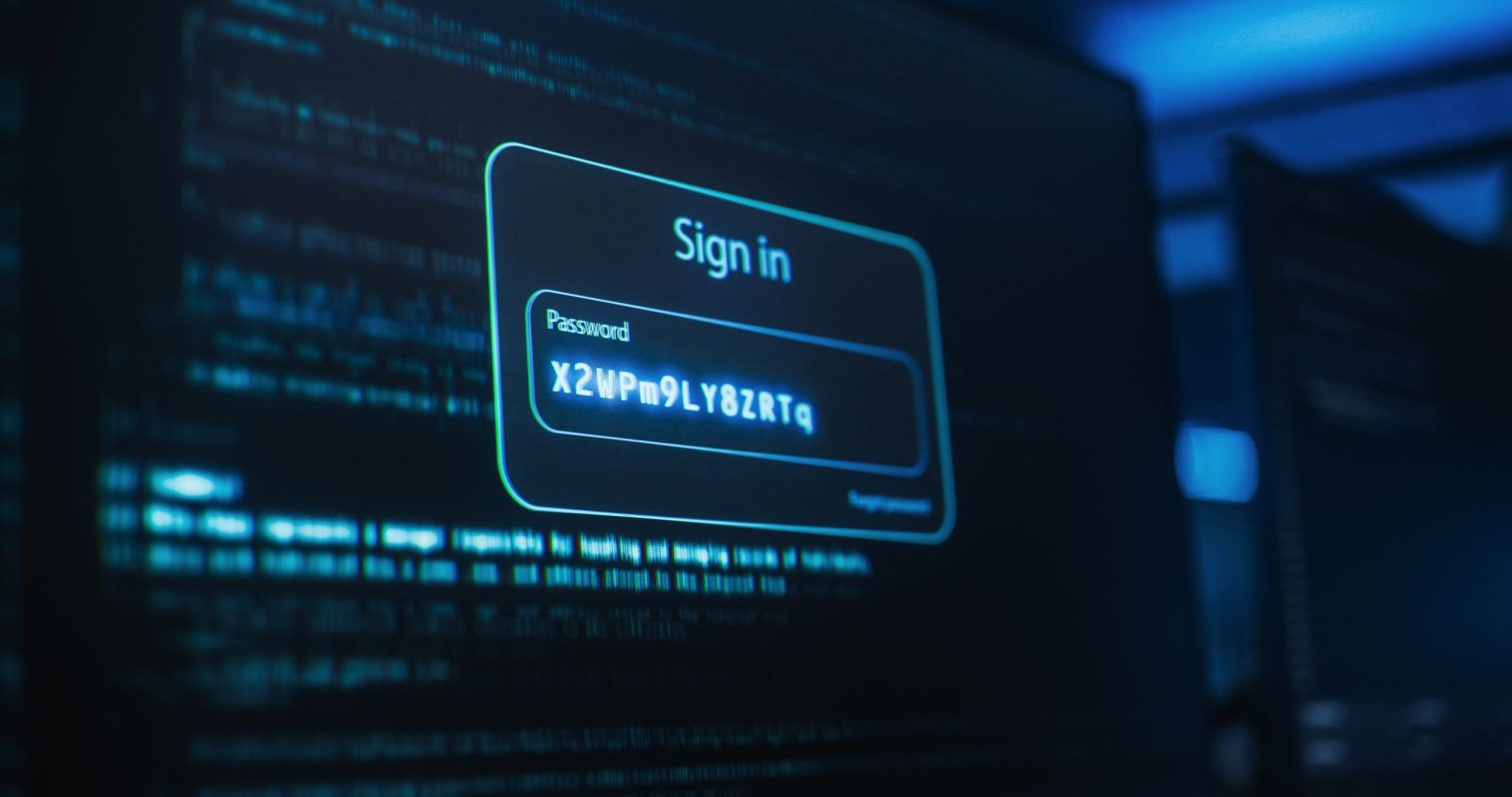

VPNs: The Right Way to Use Public Wi-Fi Without Getting Hacked
Public Wi-Fi is convenient, but it can also be a security nightmare. When you connect in places like coffee shops or airports, your personal information is vulnerable to hackers. They can steal your passwords, bank details, and messages surprisingly easily.
In fact, nearly one in five people have experienced security problems because of public Wi-Fi, and that number rises to almost one in four for daily users. Thankfully, a VPN can make public Wi-Fi safer.
Why Public Wi-Fi Is a Security Risk
Public Wi-Fi networks are typically unsecured, meaning anyone on the same network can potentially intercept your data. Hackers use various techniques, such as “man-in-the-middle” attacks, to eavesdrop on your internet activity. They can also set up fake Wi-Fi hotspots that look legitimate, tricking users into connecting and unknowingly sharing sensitive information.
How a VPN Protects You
A VPN encrypts your internet connection, making it nearly impossible for hackers to see your data. Here’s how it helps:
• Encryption: A VPN scrambles your data into unreadable code, preventing cybercriminals from accessing your information.
• Secure Connections: Even if a hacker tries to intercept your data, they’ll only see encrypted information rather than sensitive details like passwords or credit card numbers.
• Anonymous Browsing: A VPN hides your IP address, making it difficult for websites and attackers to track your online activity.
• Safe Access to Websites: Some websites block users from certain regions or networks, but a VPN allows you to access restricted content securely.
Best Practices for Using Public Wi-Fi Securely
While a VPN is your best defense, combining it with these best practices ensures maximum protection:
- Always Use a VPN – Enable your VPN before connecting to public Wi-Fi to encrypt your internet traffic from the start.
- Turn Off Auto-Connect – Disable the setting that automatically connects your device to available Wi-Fi networks to avoid accidentally joining a rogue hotspot.
- Use HTTPS Websites – Always check for “https://” in the URL, as these sites encrypt data between your browser and the server.
- Avoid Accessing Sensitive Information – AVOID logging into banking apps, email, or other personal accounts while on public Wi-Fi.
- Enable Two-Factor Authentication (2FA) – Even if a hacker gets your login credentials, they won’t be able to access your account without the second verification step. A 2019 Microsoft study reported that 2FA prevents 99.9% of all automated hacks.
- Keep Your Software Updated – Regularly update your device’s operating system and security software to patch vulnerabilities.
Choosing the Right VPN
Not all VPNs are created equal, so choosing a reputable provider is crucial. Look for these features when selecting a VPN:
• Strong Encryption: AES-256 encryption is the gold standard for security.
• No-Logs Policy: Ensure the provider doesn’t store records of your internet activity.
• Fast Speeds: Some VPNs slow down connections, so choose one known for speed and reliability.
• Multiple Server Locations: More server options allow better access to content and security.
Conclusion: Stay Secure, Stay Private
Public Wi-Fi is unavoidable, but that doesn’t mean you have to put your data at risk. Using a VPN, along with smart security practices, allows you to browse safely and confidently. Don’t take chances with your sensitive information—protect yourself with a VPN every time you connect to public Wi-Fi.
LeadingIT is Chicagoland’s trusted advisor for organizations with 25-250 users, specializing in IT and cybersecurity solutions that align with your business goals. We pride ourselves on delivering the unsolvable solved. Our unlimited support model ensures that your team always has the help they need, when they need it, with no hidden costs. Plus, our unbeatable 3 sets us apart: a seamless 14-day onboarding process, a rock-solid guarantee, and no long-term contracts. At LeadingIT, our mission is to solve IT right, 100% of the time, empowering growth-minded businesses to thrive securely and efficiently.


